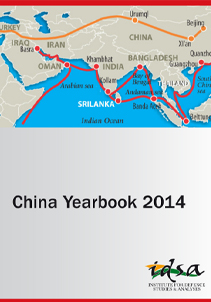The Chinese Dream 2015: Which Way Is It Heading?
Xi Jinping has already recognized the inevitable by stressing that China would adjust to the ‘new normal’ of lower growth and, to ensure stability, he has already cracked down on dissent and strengthened media control measures.
- R. S. Kalha
- January 17, 2015










